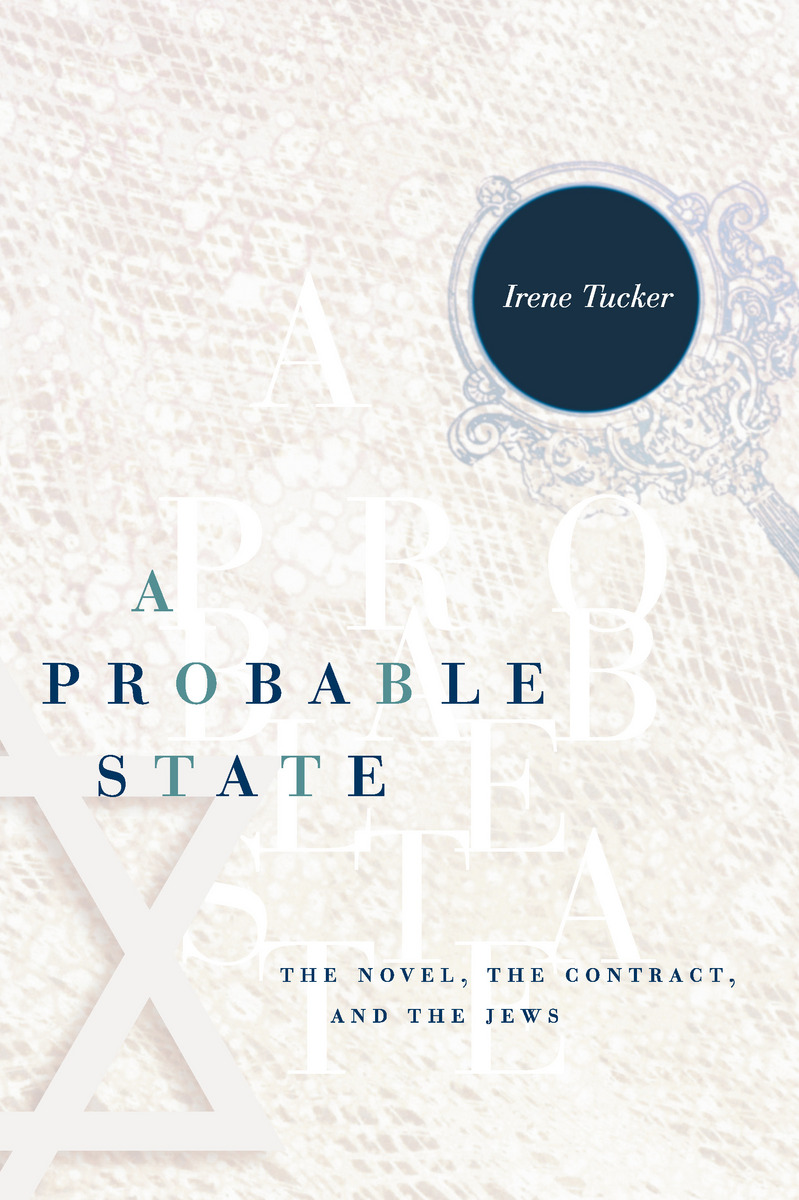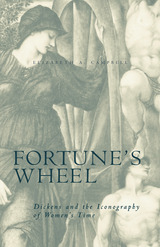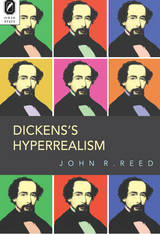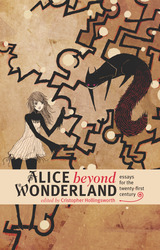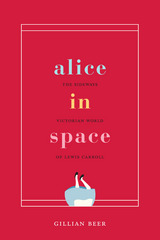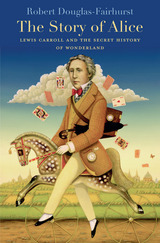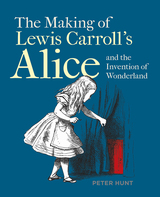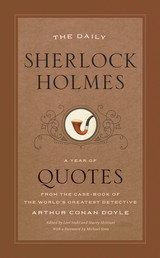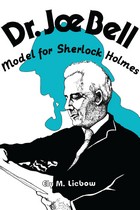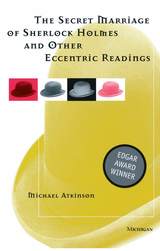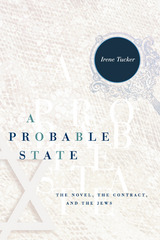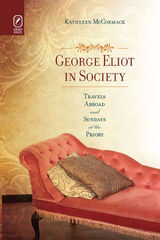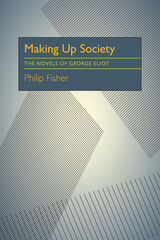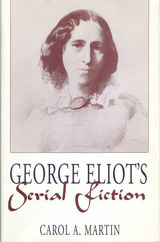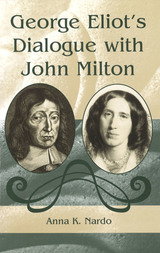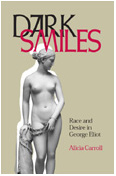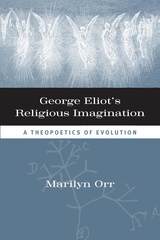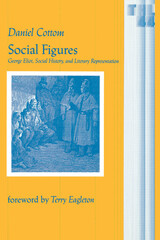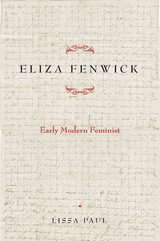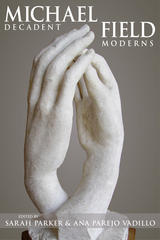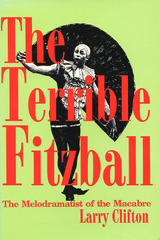A Probable State: The Novel, the Contract, and the Jews
University of Chicago Press, 2000
Cloth: 978-0-226-81533-6 | Paper: 978-0-226-81535-0
Library of Congress Classification PR4658.A7T83 2000
Dewey Decimal Classification 823.80911
Cloth: 978-0-226-81533-6 | Paper: 978-0-226-81535-0
Library of Congress Classification PR4658.A7T83 2000
Dewey Decimal Classification 823.80911
ABOUT THIS BOOK | AUTHOR BIOGRAPHY | TOC | REQUEST ACCESSIBLE FILE
ABOUT THIS BOOK
Why has the realist novel been persistently understood as promoting liberalism? Can this tendency be reconciled with an equally familiar tendency to see the novel as a national form? In A Probable State, Irene Tucker builds a revisionary argument about liberalism and the realist novel by shifting the focus from the rise of both in the eighteenth century to their breakdown at the end of the nineteenth. Through a series of intricate and absorbing readings, Tucker relates the decline of realism and the eroding logic of liberalism to the question of Jewish characters and writers and to shifting ideas of community and nation.
Whereas previous critics have explored the relationship between liberalism and the novel by studying the novel's liberal characters, Tucker argues that the liberal subject is represented not merely within the novel, but in the experience of the novel's form as well. With special attention to George Eliot, Henry James, Oliver Wendell Holmes, and S. Y. Abramovitch, Tucker shows how we can understand liberalism and the novel as modes of recognizing and negotiating with history.
Whereas previous critics have explored the relationship between liberalism and the novel by studying the novel's liberal characters, Tucker argues that the liberal subject is represented not merely within the novel, but in the experience of the novel's form as well. With special attention to George Eliot, Henry James, Oliver Wendell Holmes, and S. Y. Abramovitch, Tucker shows how we can understand liberalism and the novel as modes of recognizing and negotiating with history.
See other books on: 1819-1880 | 1843-1916 | James, Henry | Jews in literature | Realism in literature
See other titles from University of Chicago Press
